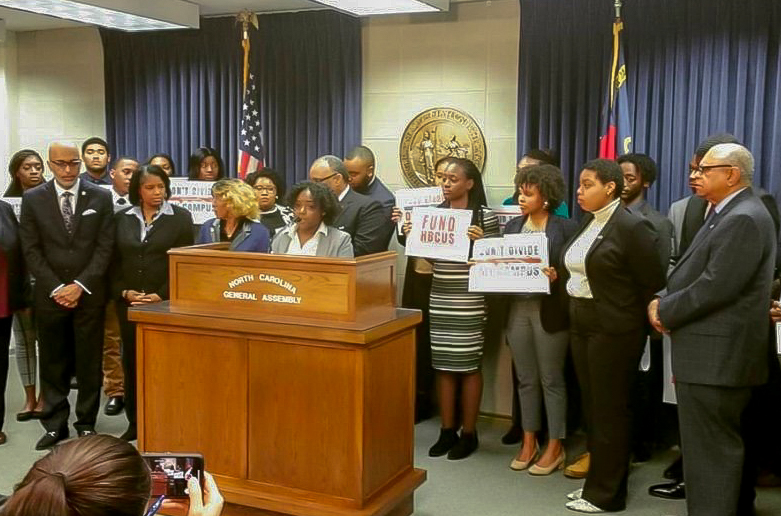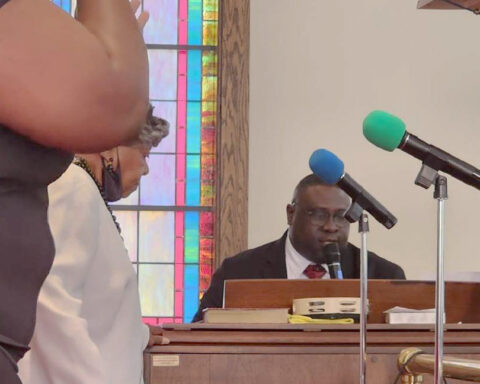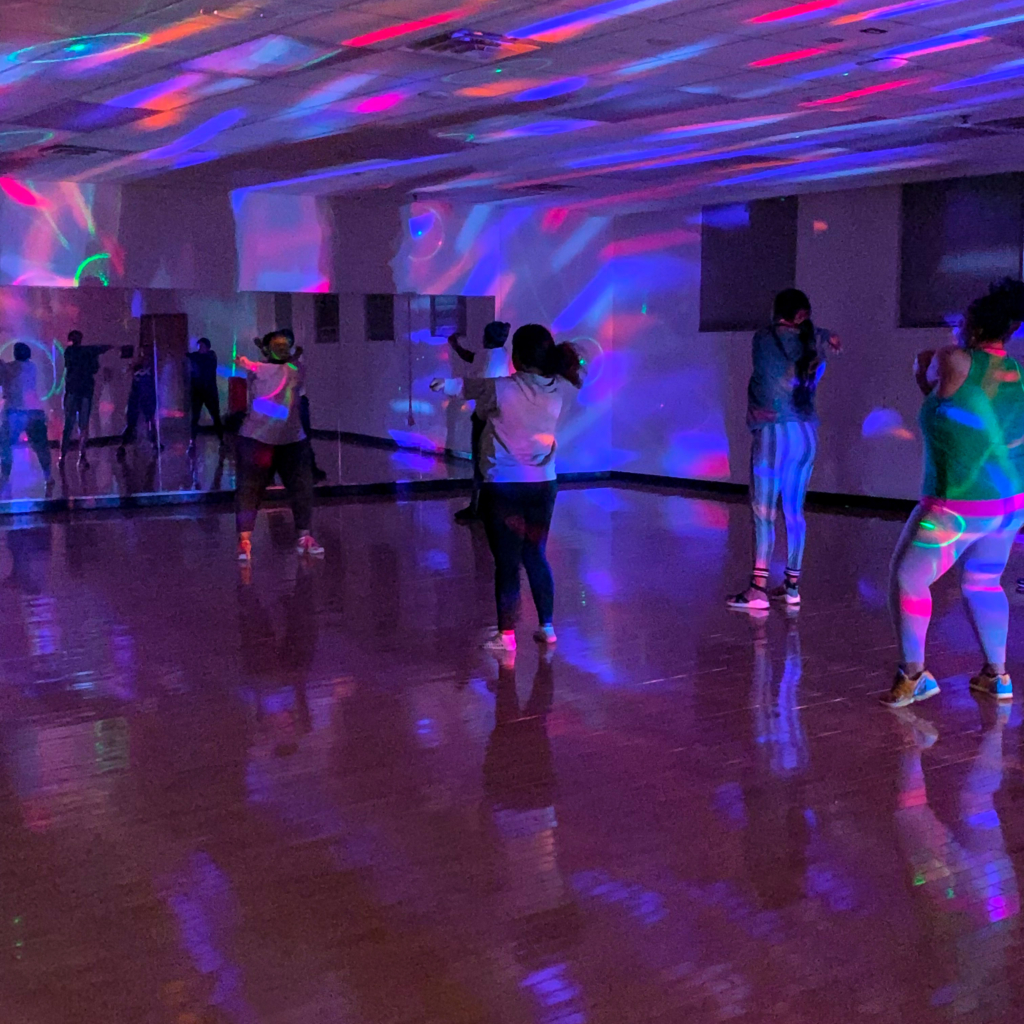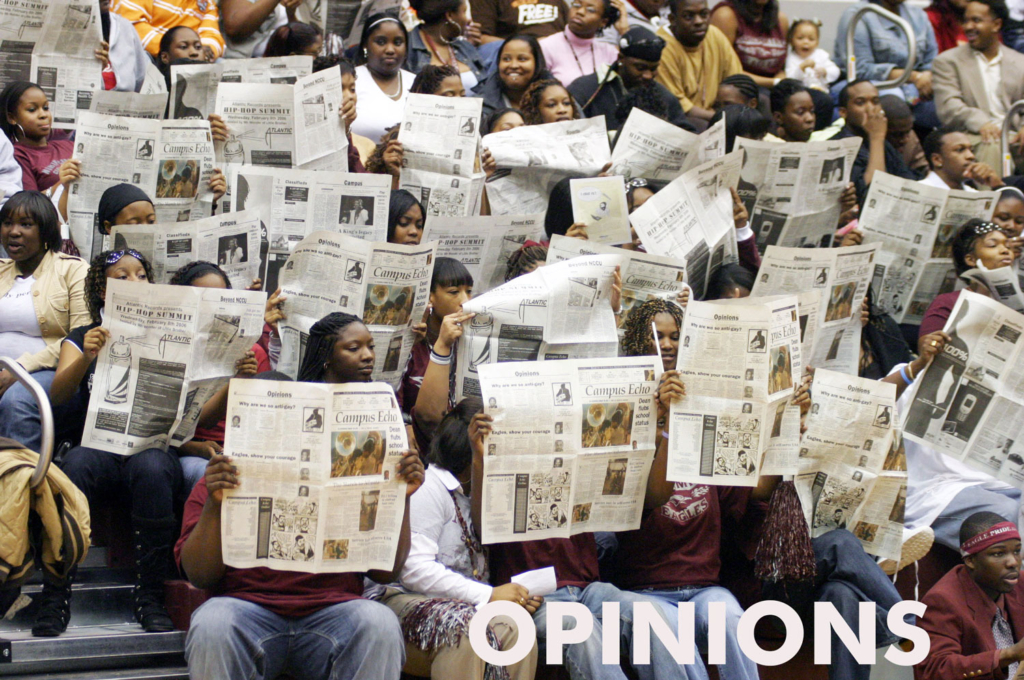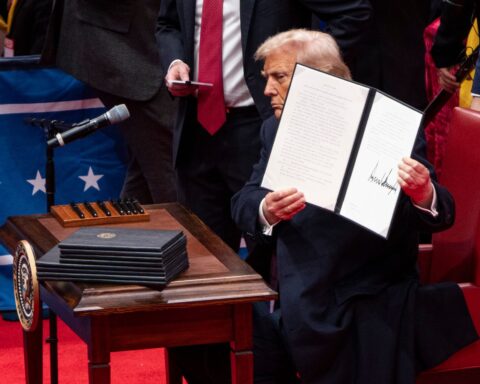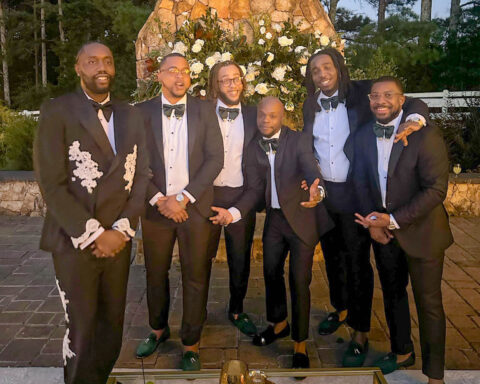HBCU state funding and voting rights were top issues on Wednesday, Feb. 21 when about a dozen HBCU student leaders gathered at the N.C. General Assembly to advocate for their colleges and universities. The students were joined member of the legislative Black Caucus and Common Cause NC. Seven N.C. Central University students joined the lobbying group.
Students didn’t just lobby in the traditional sense, they made their case by telling personal stories of how an N.C.-based HBCU had positively changes their lives, but they stressed that lack of funding was hurting their schools.
“I’ve always been very quiet and not so willing to share my thoughts about different things, but being at NCCU… here my teachers see saw something in me that I didn’t see in myself,” said criminal justice freshman Chavonni Cole.” I am a better person and growing to be a better woman because of going to an HBCU”.
Chronic underfunding has played a significant role in the survival of today’s HBCUs, sometimes referred to as “low resource institutions.” Disproportionate state allocations to smaller endowments lead to a poorer instructional infrastructure and reduced faculty salaries. As a result, students have suffered the consequences of a historical bias against HBCUs and towards their white counterparts.
NCCU has a shortage of campus student housing and older residential dorms need to be replaced or renovated. For example, Baynes Residence Hall, a constant source of student complaints, was built in 1966. Recently demolished George Street Apartments were built in 1956.
“There’s no reason we should have to worry about the next housing crises on top of all the other pressures that come with school and work,” said business sophomore T’aNeeya Greene. “We work too hard and pay too much money to not be guaranteed adequate housing”.
“HBCUs … we have the most of them in North Carolina and they are a vital part of our state,” said District 31 State Representative, Zack Hawkins. “We can’t continue to grow as a great state if we don’t increase our support for HBCUs.”
Students also said they are concerned about recent election law changes. Senate Bill 824 requires voters to bring identification with them to the polling unit before casting their ballot. It was introduced in response to voter approval of the Voter ID Amendment, which required photo identification to vote.
On Dec. 14, Governor Roy Cooper attempted to veto Senate Bill 824 stating: “It was designed to suppress the rights of minority, poor, and elderly voters”. Unhappy with his decision, the N.C. Senate overrode the veto four days later and it is now being implemented throughout N.C.
Senate Bill 824 does allow for student IDs to be used for voter identification, but all UNC universities will have to reissue student IDs with expiration dates by March 15, according to the bill. N.C. driver’s licenses and military identification will also qualify as voter identification, but universities and students will need to move fast for students who are relying on student identification for voting.
Political science sophomore Jaden Peay described the requirement that universities must conform to as “ridiculous.” “Our elected officials are supposed to have our best interest when making legislation, but instead they are trying to cut us out the picture altogether, and we cannot stand for that.”
Political science freshman Jazmyne Abney described the requirement that universities update student IDs as imposing an “exorbitant cost” on UNC universities.
Story by Surrayyah Chestnut/Echo Contributing Reporter.

